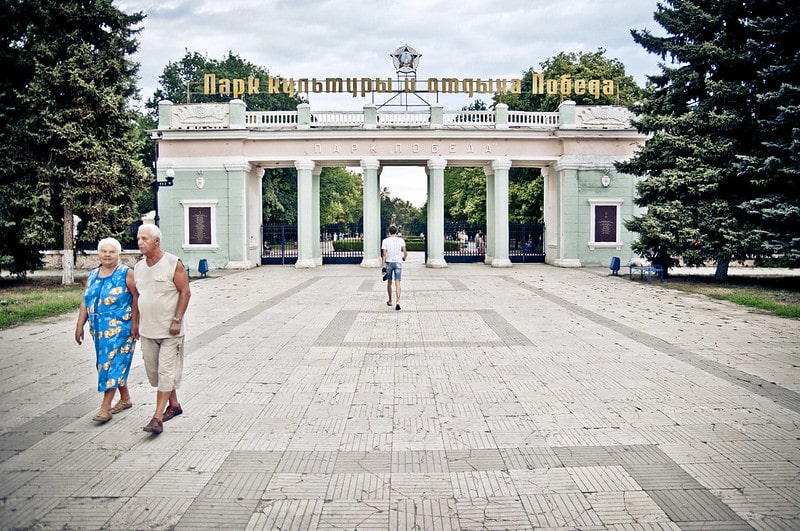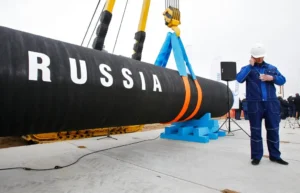Victory Park in Tiraspol, Transnistria’s capital (source: Flickr)
As the Russian leadership commenced a full-fledged attack on Ukraine’s east, in a new phase of the Donbas and Luhansk regions’ war, it eyes Ukraine’s south too. In a new, flagrant disrespect of a country’s sovereignty, a senior Russian military leader said they wanted to open a “new route” to the separatist Moldovan republic of Transnistria, which Russia supports since 1992. As seen previously, Russia’s use of a separatist republic could be a prelude to a further menace to the Moldovan state – an anxious prospect for one of Europe’s most deprived countries.
The Kremlin’s comments
On April 22, Russian Major-General Rustam Minnekayev said that “control over southern Ukraine is another route to Transnistria, where there is also evidence that the Russian-speaking population is being oppressed.” Since Russia’s invasion on February 24, 2022, its forces have entered Ukraine’s south, meeting fierce resistance in Kherson and Mykolaiv in their bid to reach the major Black seaport city of Odesa. It is now rumored by Ukrainian and Moldavian analysts that Russia wants to involve its Transnistria-based forces in a new front towards Odesa. Russia has around 2,000 soldiers in the region since 1992.
Transnistria
Being a breakaway region since a military conflict in 1992, Transnistria is a thin strip of land between Ukraine and Moldova. The region hosts a Russian-speaking population that held a farcical Kremlin-style independence referendum in 2006. Not a single country – not even Russia – recognizes it as an independent republic.
An existential threat to Moldova
Since Russia invaded Ukraine, Moldova has remained precautious in its stance. It declared itself neutral, as it is heavily dependent on Russian energy imports. The country is one of the poorest in Europe. Since Russia’s invasion of neighboring Ukraine, it fears an extension of military operations into its territory. This was only exacerbated after Belarus’s dictator and Putin ally Alexander Lukashenko infamously showed an invasion map to his military elite that showed an extension of operations into Moldovan territory.
Lately, Moldova banned the symbolic ‘Z’, ‘V’ and Saint George’s ribbon gestures. These symbolize support for the Russian invasion. The ban was met with fierce Kremlin criticism. It also applied for EU membership, filling in the first step – a questionnaire – which was sent to EU Commission President Ursula von der Leyen.
Support for Moldova remains crucial
It is crucial that western institutions and actors remain supportive and attentive to Moldova. The deprived country currently hosts hundreds of thousands of Ukrainian refugees and is now also threatened by Russia. Financially, the Moldovan government in Chisinau deserves all possible support – while military support cannot be ruled out after the Kremlin’s latest comments.
Sources: Balkan Insight DW BBC
Photo: Flickr



